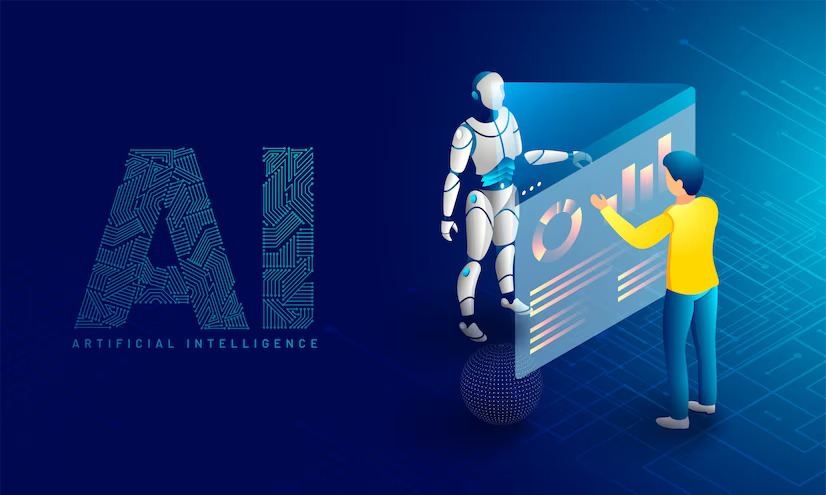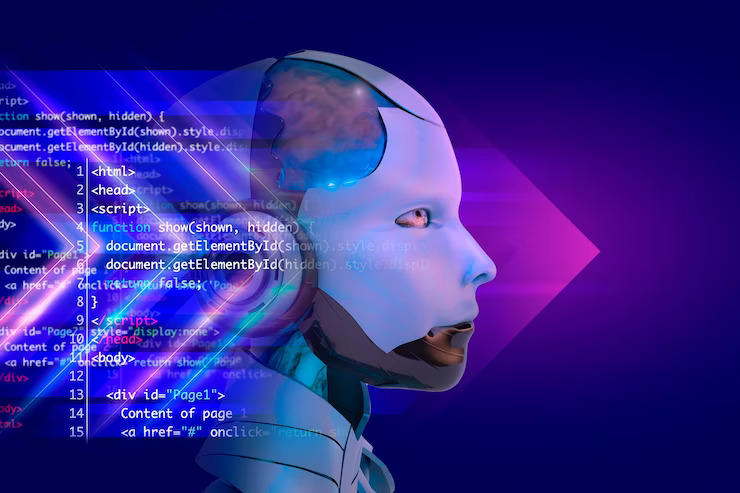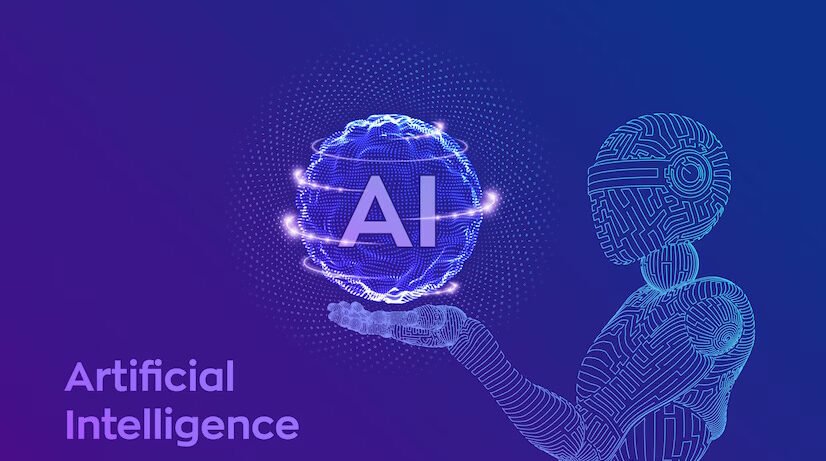Transitioning careers: How to move into AI and Machine Learning
Building a career in artificial intelligence and machine learning can be highly rewarding due to the increasing adoption of technology across various industries. It is still an emerging profession with much scope for growth and innovation. Machine Learning and Artificial Intelligence technologies can transform a business’s operations and eliminate numerous job roles.
Due to job uncertainty in various industries, many mid-career professionals are exploring ways to switch careers and work in AI-related roles like data scientist, ML engineer, and research analyst. Organizations are willing to pay attractive compensation to professionals with the required AI and ML skills.
Based on your experience and future aspirations, a career shift may seem daunting, but possible. There cannot be a better time to jump on the bandwagon of technological advancement and make a career transition into the emerging profession of machine learning and artificial intelligence. An AI ML Certification from a reputed educational platform makes this transition smooth and convenient, equipping you with the most in-demand skills required to excel in this career.
In this post, we will share our insights on how to start a career in artificial intelligence and machine learning and ways to maximize your earning potential as a result.
What is AI and ML?

AI is a discipline focusing on creating intelligent machines capable of human cognitive abilities. It is computer software that performs complex tasks like analyzing large data sets, Natural Language Processing and translation, and decision-making. Artificial Intelligence relies on developing algorithms and systems that can reason, learn, analyze, and make decisions based on their input data.
Machine Learning is a subdomain of Artificial Intelligence that teaches machines to learn from data using statistical techniques without exclusively programming them. The machine learning algorithms are trained on existing data sets to produce models capable of sorting images, data forecasting, and big data analysis. The learning process of these models improves with increasing experiences. It is crucial for data analysis and visualization to understand complex systems and make informed decisions.
How to shift career in Artificial Intelligence and Machine Learning?

For mid-career professionals, shifting into a new career in artificial intelligence and machine learning may seem complicated and worrisome. However, you can still weigh the pros and cons before switching to a new career. We have highlighted a few significant tips and strategies to facilitate your transition into AI and Machine Learning smoothly.
Begin with a specific role
Being specific about your desired role in artificial intelligence jobs clarifies your vision and makes the career shift less stressful. AI is a vast field, not just limited to a few technical profiles. Roles like data scientist, machine learning engineer, and Robotics engineer are ideal for IT professionals with technological knowledge. If you have been serving in a managerial position, you can work as an AI project manager, AI conversation designer, or an AI business analyst.
So, it is always safe to do some prior research about your preferred position in AI and Machine Learning jobs where you can leverage your existing skills. With a precise goal for your preferred role in AI and Machine Learning jobs, learning the required skills will be easier and clearer.
Identify required niche skills

Once you have decided on your machine learning and artificial intelligence employment role, explore the skills required to serve those positions successfully. For example, if you wish to be a Machine Learning engineer, you should focus on cultivating strong maths and stats skills, concepts of computer science, software engineering, and data analysis. If being a robotics engineer is your desired work role, gain knowledge about algorithms, data structures, mechanical systems, and software development.
Connecting with experienced individuals from the industry or looking for mentors who can guide you during this transition phase is highly recommended. Also, explore the companies that offer lucrative job opportunities after you have the required skills. It helps you identify which industry best suits you based on your experience and interests.
Perform skill assessment
Since you are a mid-career professional, you already have cultivated a specific skill set while working in your current profession. AI and ML jobs demand various technical and soft skills to work efficiently within an organization. Since coding is a vital parameter in artificial intelligence jobs, you must have a firm hold over programming languages like R and Python and knowledge of mathematics and statistics. The other required skills include sharp creativity, excellent communication skills, time management, strong problem-solving and analytical skills, in-depth domain knowledge of the industry, and critical thinking.
Performing a skill assessment helps you identify the skills that are easily transferable to make a smooth shift into your new career. It enables you to focus your learning effort on cultivating only the necessary skills demanded by specific artificial intelligence jobs.
Explore courses to develop skills and expertise

Taking Artificial Intelligence and Machine Learning courses from reputed educational platforms will help you gain industry-relevant knowledge and sharpen your skills. Building a successful career in Machine Learning and Artificial Intelligence requires constant learning, consistent implementation of knowledge, and upskilling. An AI and ML certification indicates to prospective employers that you have the necessary credentials and expertise to help the organization achieve its goals.
Refine your skills through industry projects

Implementing your knowledge on real-world projects is necessary to refine your technical abilities. It also contributes to creating a great portfolio that you can highlight in your resume while looking for job opportunities in your dream companies. Implementing the knowledge gained through the online programs helps you familiarize yourself with the critical concepts and industry-relevant frameworks.
Various online courses offer capstone projects to students taking AI and ML certification. Investing in artificial intelligence and machine learning courses consistently advances your career and helps you take on leadership roles.
Conclusion
Artificial Intelligence and Machine Learning are increasingly becoming the most preferred career choices. The growth opportunities in AI and Machine Learning jobs are immense. But, you must have the skill set to benefit from those opportunities. Upskilling yourself to learn the latest advancements in machine learning and artificial intelligence is the only way to transition to a new career seamlessly. Artificial intelligence and Machine Learning courses help you gain the competitive advantage needed to excel at your workplace.

















